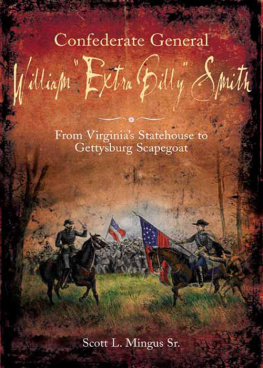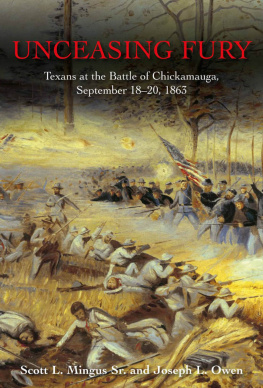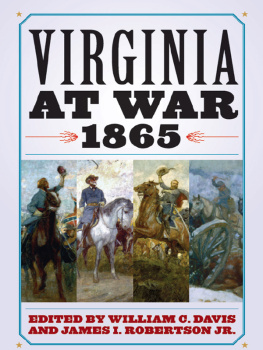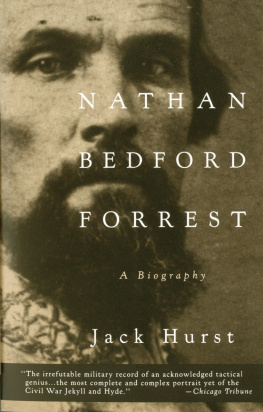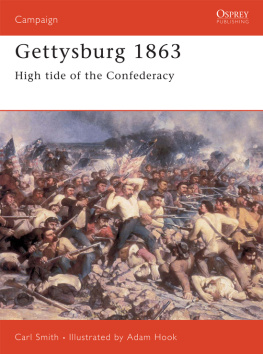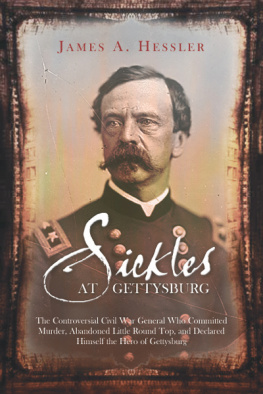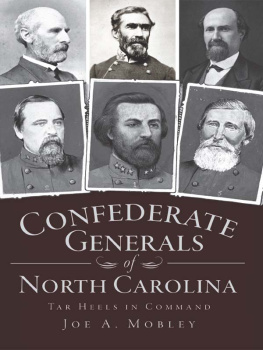
2013 by Scott L. Mingus Sr.
All rights reserved. No part of this publication may be reproduced, stored in a retrieval system, or transmitted, in any form or by any means, electronic, mechanical, photocopying, recording, or otherwise, without the prior written permission of the publisher.
Library of Congress Cataloging-in-Publication Data
Mingus, Scott L.
Confederate General William Extra Billy Smith: from Virginia's statehouse to
Gettysburg scapegoat / Scott L. Mingus Sr.First edition.
pages cm
Includes bibliographical references and index.
ISBN 978-1-61121-129-0
ISBN 9781611211306 (epub)
ISBN 9781611211306 (prc)
1. Smith, William, 1797-1887. 2. GovernorsVirginiaBiography. 3.
GeneralsConfederate States of AmericaBiography. 4. Gettysburg, Battle of,
Gettysburg, Pa., 1863. 5. VirginiaHistoryCivil War, 1861-1865. 6.
VirginiaPolitics and government1775-1865. I. Title.
F230.S74M56 2013
975.503092dc23
[B]
2013002734

Published by
Savas Beatie LLC
989 Governor Drive, Suite 102
El Dorado Hills, CA 95762
Phone: 916-941-6896
(E-mail)
05 04 03 02 01 5 4 3 2 1
First edition, first printing
Unless otherwise indicated, all photographs are from the Library of Congress.
Savas Beatie titles are available at special discounts for bulk purchases in the United States by corporations, institutions, and other organizations. For more details, please contact Special Sales, P.O. Box 4527, El Dorado Hills, CA 95762, or you may e-mail us at for additional information.
Proudly published, printed, and warehoused in the United States of America.
Dedication
This book is dedicated to my beloved wife and best friend, Debi Mingus,
without whom my life would be unfulfilled. You are my inspiration and my love.
Table of Contents
Foreword
William Smith, Extra Billy to both friends and enemies, had a front-row seat to some of the greatest events in the years preceding the Civil War, as well as in the war itself. Aside from his curious nickname, he is little known today. He was, nevertheless, a successful lawyer and businessman, Democratic politician in the Virginia and national legislatures, Forty-niner, twice governor, and a Confederate general. Until now no one has written the full story of his eventful life.
He spent most of his 90 years in Virginia, where he proved himself a jack-of-all-trades. He was born in King George County in 1797. His first career was that of a lawyer in Culpeper Court House in the Northern Piedmont. He owned and operated a stagecoach company. He served the Old Dominion as a four-term congressman in Washington. His tenure as a soldier in the fabled Army of Northern Virginia brought him to many Virginia battlefields. As a Confederate congressman and governor in Richmond he stood among the supporters of President Jefferson Davis. Before he died, after a rich life and many progeny, he ran an estate in Warrenton.
Not satisfied with being a country lawyer, he started a prosperous passenger and mail stagecoach line in 1827. Winning the postal contract to carry mail between Washington and the capital of Georgia cemented the success of his company. Smith showed a talent for managing men, expanding routes, and trumping his competitors. His affability, skill at oration, and ambition led him to the Senate of Virginia where he served five terms. He also spent a term as a Virginia congressman; then lost a bid to become a United States senator. For three years, at the time of the Mexican War, he sat as governor of Virginia.
Among the thousands who raced to California during the Gold Rush was Extra Billy. He mined political gold there rather than the precious metal by helping to establish the Democratic Party in that new state. Smith might well have become California's first U.S. senator if he had not been a Virginian first. He returned to his native state to become a U.S. congressman for five terms, during the tumultuous 1850's.
At the outbreak of the War of Secession Virginia's governor offered him a commission as a brigadier general. Smith rejected the offer because, as he put it, he was wholly ignorant of drill and tactics. Yet he stumbled into one of the first skirmishes of the war, in Fairfax Court House, helped to rally the militia, and found he had leadership abilities that the Confederacy needed. He agreed to become colonel of the Forty-ninth Virginia Infantry at the age of 63.
In some ways Smith proved a natural warrior, in others not quite the perfect subordinate.
Throughout his military career, he despised West P'inters, and they did not always appreciate his talents. Smith's tiny regiment performed well at First Manassas.
At Seven Pines in 1862, his superiors noted his characteristic coolness and fearlessness. Less impressive to his higher-ups was his habit of wearing a high beaver hat and carrying a blue cotton umbrella to ward off sun and rain. All of those things, even his frequent speeches, endeared him to his boys.
He suffered a wound at Seven Pines and three more at Sharpsburg. At the latter fight, he took over command of Early's brigade and displayed uncommon courage. He won a promotion. After recuperation, a short stint as a politician in Richmond, and a return to Lee's army, he led a brigade in the Gettysburg campaign. At the time he was governor-elect, due to take office in January 1864.
Extra Billy led the second smallest brigade in Lee's army. On the fateful July 1, 1863, when it looked like the Confederates might sweep the field, Smith did something that may have shaped the fortunes of the army and the Confederacy. He reported a force of Federals approaching the Confederate rear. Early sent half of his division to investigate, and Ewell postponed his assault on Cemetery Hill. There really was no threat from the direction Smith had indicated. Later in the same battle, Smitholdest brigadier in the Rebel army at Gettysburgconfronted Yankee General George Greeneoldest general in the Union army at Gettysburgat Culp's Hill.
Smith left the army, with a token promotion to major general, to assume office in Richmond. For the last year and one-half, he harnessed the resources of Virginia to support Davis and the Confederate cause. He was active in recruiting and, near the end of the war, even suggested raising black troops to stave off disaster. Smith officiated as governor for the final time in the last Confederate capital of Virginia: in Danville in April 1865. For the last 22 years of his life, Smith farmed near Warrenton, Virginia.
Thanks to Scott Mingus, Extra Billy Smith's accomplishments, failings, and reputation are brought back to life in this fine biography. I commend it to you.
Daniel J. Beattie, Ph.D.
Charlottesville, Virginia
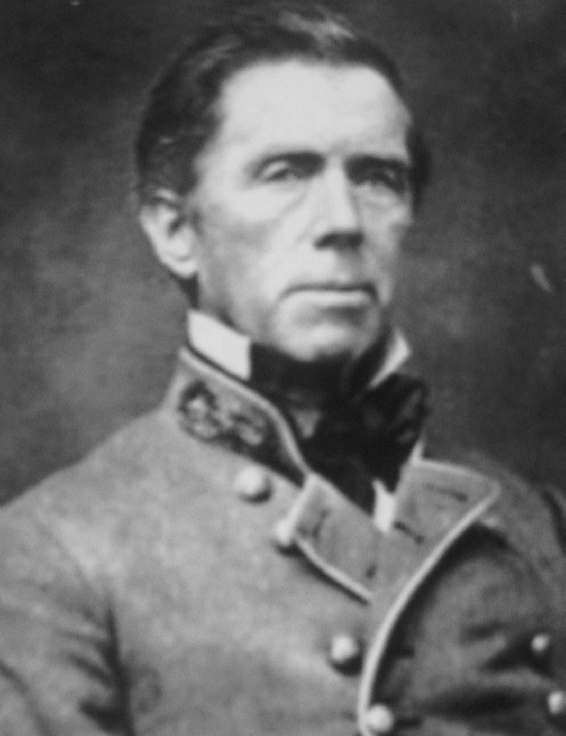
William Smith as a Civil War general. From a 19th century CDV.
Author 's collection.
Introduction
The Civil War (1861-1865) capped a traumatic period in American history that saw the country torn apart in a bitter internal conflict that resulted in the deaths of more than 640,000 soldiers (almost two percent of the entire U.S. population). The war resulted from several decades of diverse opinions on how best to deal with the intertwined issues of slavery and states' rights or popular sovereignty, the belief that individual states retained all rights that the Constitution did not exclusively grant to the centralized Federal government. Congress wrangled throughout the early 19th century with these questions. Westward expansion exacerbated the issues before the election of a former Illinois rail-splitter named Abraham Lincoln gave the anti-slavery Republican Party its first presidential victory. Concerned their way of life would disappear, Southern firebrands created a wave of pro-secession sentiment that carried the bitterly divided nation into war.
Next page
